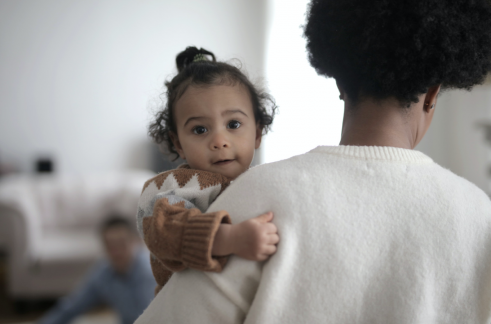Parents in Performing Arts (PiPA) published their report on 1 February this year. The report focuses on the needs of under-represented groups affected since Covid-19. Their June 2020 report found that ‘Women, solo parents and carers, as well as those facing other kinds of social exclusion are the most vulnerable’. The recent report covers issues facing disadvantaged theatre workers in detail. The report covers experiences of solo parents and those who are D/deaf or disabled. Theatre workers from disadvantaged backgrounds and Black, Asian and other ethnic groups were also surveyed. I would recommend reading and absorbing the findings in full, if you have not already been able to do so.
The survey results on financial support during Covid-19 were sobering. Over 50% had received SEISS support and a further over 20 % furlough income. But the amounts received from SEISS or furlough for artists may not be that much to live on. Charitable support, including charities such as ours, accounted for 10% of financial support available. Universal Credit or other means of support made up the rest. These figures resonate with our own experience of providing support. But for those who ‘fall between the cracks’ of government support things have been very hard indeed.
According to the report, seven out of ten carers working in theatre are considering leaving the industry. This is a vast number. The reasons are: lack of jobs, financial worries and to retrain to another career. This still represents a huge drain of talent from the workforce.
Trying to combine finding work while home schooling during the pandemic was considered hard. There is in the report a section called ‘Silver Linings’ which is more hopeful. Positives to come out of being at home included more quality time with dependents and/or better work life balance.
We know the end of Covid-19 restrictions will not solve the challenges faced by carers. For instance, even when schools and nurseries are open again, some will still experience childcare issues. Take this scenario. You may have everything mapped out childcare-wise for your audition. Then a small person greets you that day saying ‘I don’t feel well’. So, the school or childminder is not now an option. You will need to care for them until they are well. You may not have a back-up option. If you are a single parent this might particularly affect you.
Being online means the door has opened to create greater flexibility for working patterns. Even performers do not always have to be ‘in the room’. For instance, there are calls for more online auditions, necessary during lockdown but which could be used more widely afterwards.
Dance Professionals Fund has been a strategic partner of PiPA for two years. Their work gives hope that the situation will be looked at seriously for carers who face the double whammy of Covid-19 with other responsibilities. We have gathered our own feedback during the past year from dance professionals who have received our support. We anticipate that this will be useful when considering how best to tackle the challenges that remain in the industry. We hope very much that by the end of 2021, we can see more dance professionals, who are also carers, going back to work. In order for this to happen there needs to be sufficient measures in place to help them do so. We look with interest to see what developments come out of this latest research.






